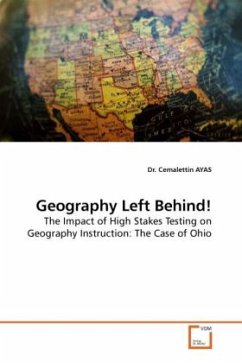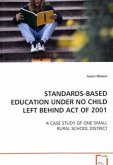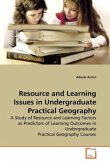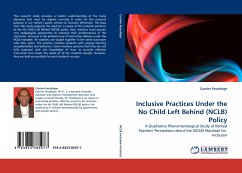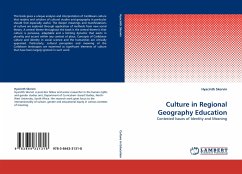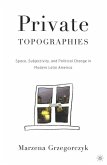We are entering the age of the infinite examination and of compulsory objectification," Foucault says. This means that widespread implementation of standards-based reform fueled by the federal government s commitment to test-based accountability has become a central focus for the sake of race in today s highly globalized world. In the 1980 s and 1990 s, many states including Ohio mandated the development of minimum competency standards and required that proficiency tests be administered at various grades levels. Especially, with the passage of the No Child Left Behind Act of 2001, this accountability movement gained more speed and thus turned education to scientific methods of measurement in order to determine what students should be learning in schools. In such a difficult context, this study investigated the impact of Ohio s high-stakes testing program in general and its effect on geography instruction in particular. It is hoped that policy-makers and educators will benefit from the findings of the research.

